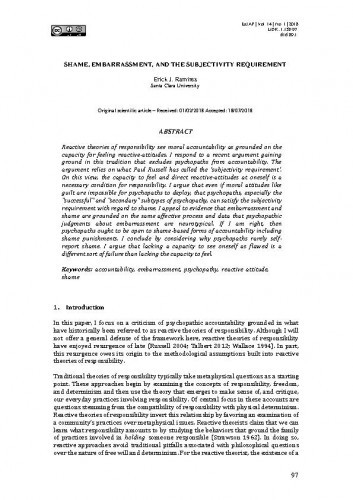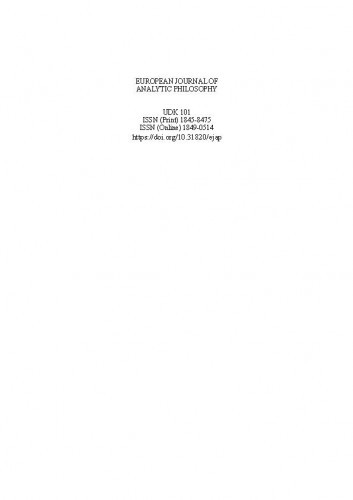Reactive theories of responsibility see moral accountability as grounded on the capacity for feeling reactive-attitudes. I respond to a recent argument gaining ground in this tradition that excludes psychopaths from accountability. The argument relies on what Paul Russell has called the 'subjectivity requirement'. On this view, the capacity to feel and direct reactive-attitudes at oneself is a necessary condition for responsibility. I argue that even if moral attitudes like guilt are impossible for psychopaths to deploy, that psychopaths, especially the "successful" and "secondary" subtypes of psychopathy, can satisfy the subjectivity requirement with regard to shame. I appeal to evidence that embarrassment and shame are grounded on the same affective process and data that psychopathic judgments about embarrassment are neurotypical. If I am right, then psychopaths ought to be open to shame-based forms of accountability including shame punishments. I conclude by considering why psychopaths rarely self-report shame. I argue that lacking a capacity to see oneself as flawed is a different sort of failure than lacking the capacity to feel.
Sažetak

 European journal of analytic philosophy : 14,1(2018) / editors Luca Malatesti, Majda Trobok.
European journal of analytic philosophy : 14,1(2018) / editors Luca Malatesti, Majda Trobok.